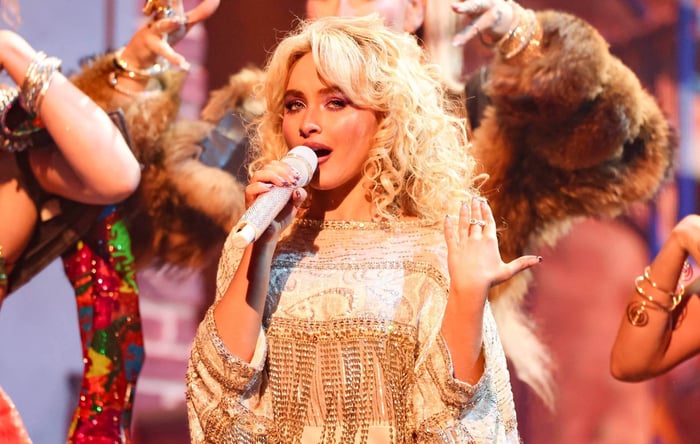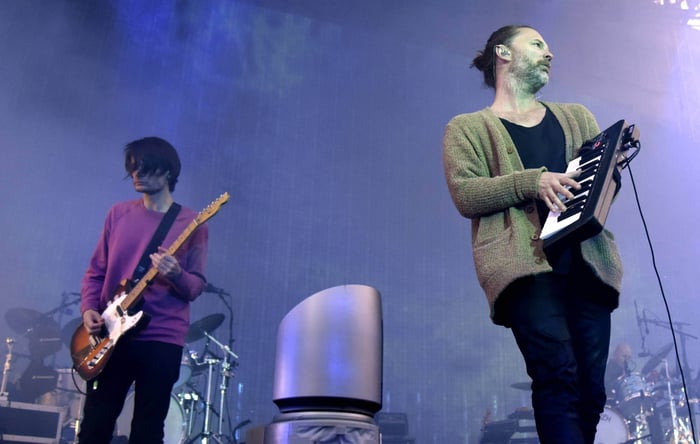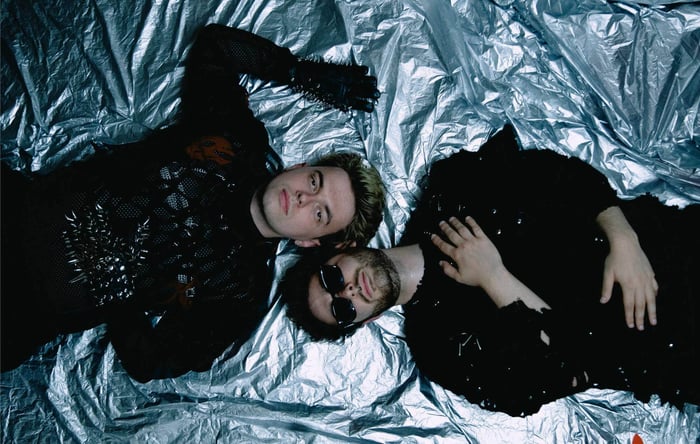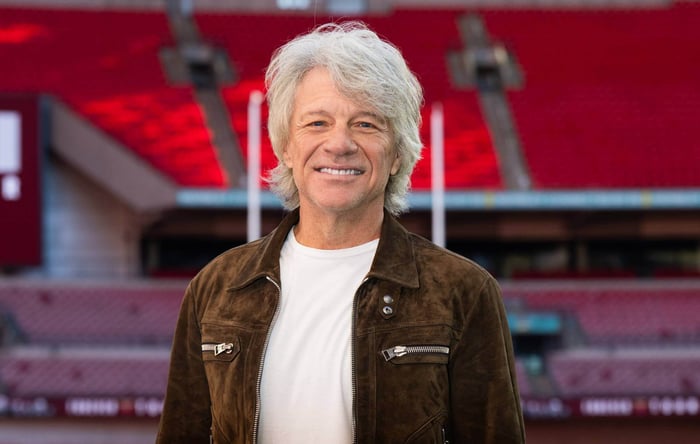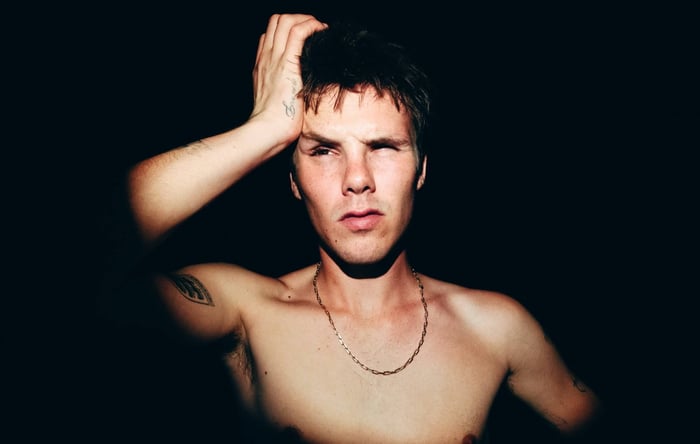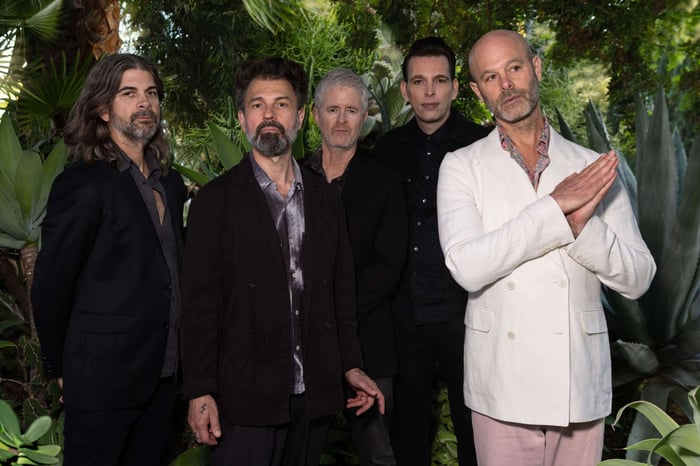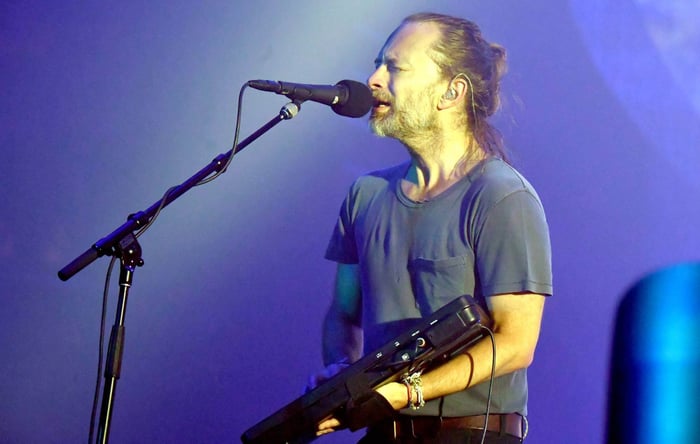
Thom Yorke Opens Up About “Witch-Hunt” Over Israel Stance; Radiohead Members Share Their Views
Thom Yorke Opens Up About “Witch-Hunt” Over Israel Stance; Radiohead Members Share Their Views
Thom Yorke reveals how the backlash over Radiohead’s Israel stance “wakes me up at night,” as bandmates discuss the controversy and their personal perspectives.
When Music Meets Politics: Radiohead’s Israel Controversy
If you’ve ever followed Radiohead, you know they’re not just a band playing songs — they’re often entwined with the cultural and political currents of our times. But nothing stirred the pot quite like Radiohead’s stance on Israel and Palestine, a subject that’s kept the band in the crosshairs of heated debate for years.
It's not often you hear a rock star say something like, “This wakes me up at night,” but that’s exactly how Thom Yorke describes the relentless “witch-hunt” he's faced over the band's position on this volatile issue. Yorke, alongside his bandmates, recently opened up about the backlash and the complexity of their views in a candid interview with The Times.
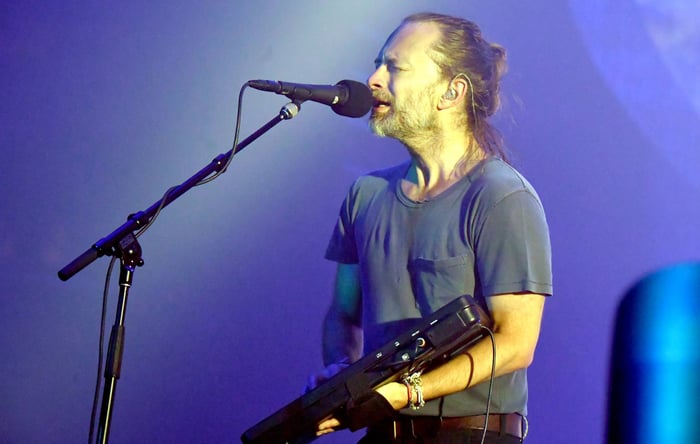
Thom Yorke performs with Radiohead
The Backlash Began in 2017
Let’s rewind to 2017. Radiohead played a concert in Tel Aviv, Israel — a move that led to significant backlash from the Boycott, Divestment and Sanctions (BDS) movement, which urged the band to cancel the show as a protest against Israeli policies toward Palestinians. This sparked criticism not only from BDS but also from prominent artists like Roger Waters and Thurston Moore.
For a band known for pushing boundaries in music, this was a moment where political stances collided with fan expectations and activism.
Thom Yorke’s Solo Show Clash and His Reflection
Fast forward to last year when Thom Yorke faced a tense moment during a solo show in Melbourne. A pro-Palestinian protester from the crowd confronted him, leading to a heated exchange and Yorke storming off stage. Later, Yorke released a detailed statement to explain his reaction — revealing just how deeply personal and exhausting the situation had become for him.
Jonny Greenwood’s Complex Position
Jonny Greenwood, the band’s guitarist and longtime collaborator, has also found himself in the middle of the storm, particularly for working with Israeli musician Dudu Tassa. This collaboration led to the cancellation of two UK shows earlier this year after protesters called for a boycott.
Greenwood, who is married to an Israeli artist and has familial ties there, defended his work and the musicians he collaborates with, emphasizing the difference between governments and artists. Last year, he even performed with Tassa in Tel Aviv amidst the controversy.
“And it’s nuts I feel frightened to admit that. Yet that feels progressive to me – booing at a concert does not strike me as brave or progressive.” — Jonny Greenwood
The Band Faces Boycotts Ahead of 2025 Tour
When Radiohead announced their first shows in over seven years, the BDS movement called for a boycott, accusing the band of “complicit silence” and supporting Israeli performers amidst the ongoing conflict in Gaza.
Yorke responded with heartfelt frustration: “They’re telling me what it is that I’ve done with my life, and what I should do next, and that what I think is meaningless.” He added, “People want to take what I’ve done that means so much to millions of people and wipe me out. But this is not theirs to take from me — and I don’t consider I’m a bad person.”
He even recounted an encounter on the streets of London where someone shouted “Free Palestine!” at him and challenged him to distance himself from Jonny Greenwood. Yorke's reply was a sobering reminder of the real villains:
“The true criminals, who should be in front of the ICC [International Criminal Court], are laughing at us squabbling among ourselves in the public realm and on social media — while they just carry on with impunity, murdering people.”
This back-and-forth, Yorke says, feels like a low-level “Arthur Miller witch-hunt,” a phrase that really nails the surreal, accusatory atmosphere surrounding the band’s predicament.
Jonny Greenwood’s Perspective: Art Over Politics?
Greenwood described the backlash as “the embodiment of the left.” He explained, “The left look for traitors, the right for converts and it’s depressing that we are the closest they can get.”
He is currently working on a record featuring Israeli and Middle Eastern musicians and expressed frustration at feeling scared to admit that. In his eyes, collaboration and shared artistry represent progress, whereas booing concerts feels more like fear and division.
He also highlighted the political climate inside Israel, mentioning the anti-government protests plastered with “Fuck Ben-Gvir” stickers, referring to the controversial Israeli Minister of National Security, Itamar Ben-Gvir. Greenwood said:
“I spend a lot of time there with family and cannot just say, ‘I’m not making music with you fuckers because of the government.’ It makes no sense to me. I have no loyalty – or respect, obviously – to their government, but I have both for the artists born there.”
The Tension Between Bandmates’ Views
When asked if he would return to Israel for a Radiohead show, Yorke was blunt: “Absolutely not. I wouldn’t want to be 5,000 miles anywhere near the Netanyahu regime but Jonny has roots there. So I get it.”
Greenwood, however, politely disagreed:
“I would argue that the government is more likely to use a boycott and say, ‘Everyone hates us – we should do exactly what we want.’ Which is far more dangerous.”
He added:
“The only thing that I’m ashamed of is that I’ve dragged Thom and the others into this mess – but I’m not ashamed of working with Arab and Jewish musicians. I can’t apologise for that.”
Ed O’Brien and Philip Selway Chime In
Guitarist Ed O’Brien voiced his own frustration with the situation, saying, “We should have played Ramallah in the West Bank as well.” Despite the tensions, he emphasizes the reality that the band members haven’t spoken much recently — “and that’s OK.”
Drummer Philip Selway highlighted the impossibility of the BDS demands:
“What BDS are asking of us is impossible. They want us to distance ourselves from Jonny, but that would mean the end of the band and Jonny is coming from a very principled place. But it’s odd to be ostracised by artists we generally felt quite aligned to.”
Looking Back: Touring History and What’s Next
For those keeping track, Radiohead’s last live show was nearly six years ago, wrapping up their ‘A Moon Shaped Pool’ tour in Philadelphia on August 1, 2018. The album, released in 2017, remains their latest studio effort, with fans eagerly awaiting new sounds.
The upcoming 2025 tour spans Madrid, Bologna, London’s O2 Arena, Copenhagen, and Berlin, from November to December — a huge event after a long hiatus. Tickets flew off the shelves quickly, with the band recently issuing extra unlock codes to help fans snag those hard-to-get spots.
The Last Word: Music, Activism, and the Space in Between
Navigating the crossroads of art and activism is never easy, especially when the topics involve deeply rooted geopolitical conflicts. Radiohead’s members reveal the personal toll and the complex emotions tied to their choices. Whether you agree with their take or not, their honesty about the “witch-hunt” and internal differences offers a rare glimpse behind the curtain.
Their story is a reminder that even the most beloved artists can become lightning rods in the storm of political expression — and that sometimes, the loudest voices might just be drowning out the real issues.
FAQ
- How did Radiohead first get involved in the Israel-Palestine controversy?
Radiohead faced backlash after performing a show in Tel Aviv in 2017, which the BDS movement protested against, urging a boycott due to the Israeli-Palestinian conflict. - What was Thom Yorke’s reaction to the protests and backlash?
Yorke described the situation as a “witch-hunt” that “wakes me up at night,” reflecting his frustration with being told what he should think or do regarding the issue. - Why has Jonny Greenwood been criticized?
Greenwood was criticized for collaborating with Israeli musician Dudu Tassa and performing in Israel, leading to canceled shows amidst boycott calls. - Do all Radiohead members share the same views on the boycott?
No, members like Thom Yorke and Jonny Greenwood openly express differing opinions on the issue and how to respond to the political climate. - Will Radiohead play in Israel again?
Thom Yorke has said he would not want to play in Israel again, though Greenwood has a more nuanced view due to his personal and family connections there.
Fancy decorating your space with iconic album art from your favorite bands? Shop your favorite album cover posters at Architeg Prints — a perfect way to celebrate music legends like Radiohead.
 | DISCOUNTGET 30% OFF*Use code on your next order:
|
* This post may contain affiliate links, meaning we earn a commission if you make a purchase through these links, at no additional cost to you.




